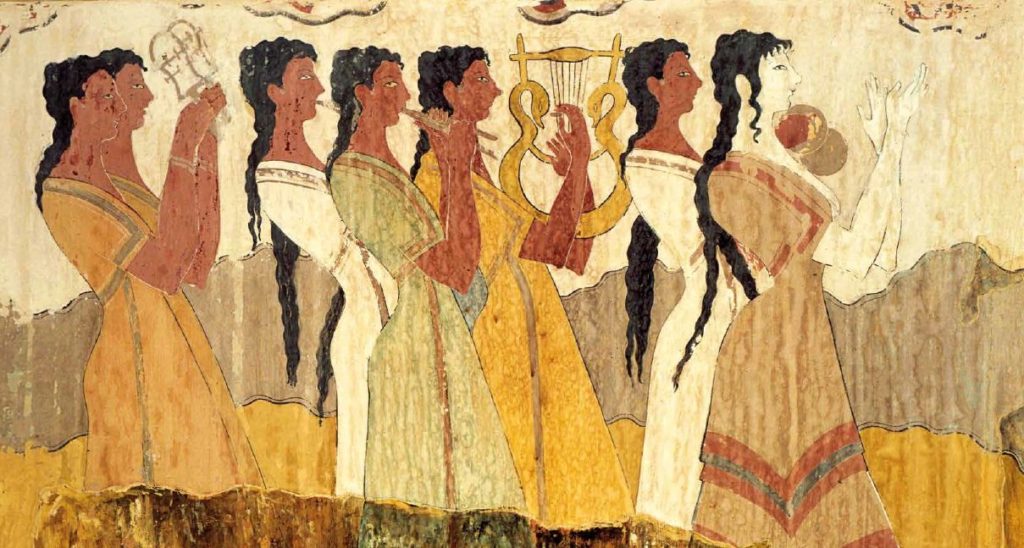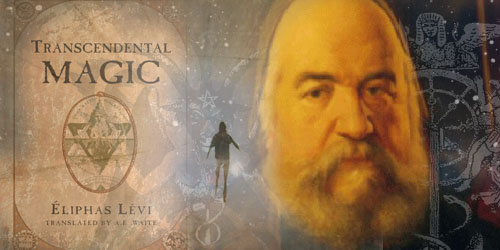legends as may shock the divine dignity of the Spiritual beings called gods by attributing them to Maya or illusion.
A people brought up and nurtured for countless ages among all the psychological phenomena of which the civilized (!) nations read, but reject as incredible and worthless, cannot well expect to have its religious system even understood — let alone appreciated. The profoundest and most transcendental speculations of the ancient metaphysicians of India and other countries, are all based on that great Buddhistic and Brahmanical principle underlying the whole of their religious metaphysics — illusion of the senses. Everything that is finite is illusion, all that which is eternal and infinite is reality. Form, color, that which we hear and feel, or see with our mortal eyes, exists only so far as it can be conveyed to each of us through our senses. The universe for a man born blind does not exist in either form or color, but it exists in its privation (in the Aristotelean sense), and is a reality for the spiritual senses
Page 158
of the blind man. We all live under the powerful dominion of phantasy. Alone the highest and invisible originals emanated from the thought of the Unknown are real and permanent beings, forms, and ideas; on earth, we see but their reflections; more or less correct, and ever dependent on the physical and mental organization of the person who beholds them.
Ages untold before our era, the Hindu Mystic Kapila, who is considered by many scientists as a skeptic, because they judge him with their habitual superficiality, magnificently expressed this idea in the following terms:
“Man (physical man) counts for so little, that hardly anything can demonstrate to him his proper existence and that of nature. Perhaps, that which we regard as the universe, and the divers beings which seem to compose it, have nothing real, and are but the product of continued illusion — maya — of our senses.”
And the modern Schopenhauer, repeating this philosophical idea, 10,000 years old now, says: “Nature is non-existent, per se. . . . Nature is the infinite illusion of our senses.” Kant, Schelling, and other metaphysicians have said the same, and their school maintains the idea. The objects of sense being ever delusive and fluctuating, cannot be a reality. Spirit alone is unchangeable, hence — alone is no illusion. This is pure Buddhist doctrine. The religion of the Gnosis (knowledge), the most evident offshoot of Buddhism, was utterly based on this metaphysical tenet. Christos suffered spiritually for us, and far more acutely than did the illusionary Jesus while his body was being tortured on the Cross.
In the ideas of the Christians, Christ is but another name for Jesus. The philosophy of the Gnostics, the initiates, and hierophants understood it otherwise. The word Christos, [[Christos]], like all Greek words, must be sought in its philological origin — the Sanscrit. In this latter language Kris means sacred, and the Hindu deity was named Chris-na (the pure or the sacred) from that. On the other hand, the Greek Christos bears several meanings, as anointed (pure oil, chrism) and others. In all languages, though the synonym of the word means pure or sacred essence, it is the first emanation of the invisible Godhead, manifesting itself tangibly in spirit. The Greek Logos, the Hebrew Messiah, the
Page 159
Latin Verbum, and the Hindu Viradj (the son) are identically the same; they represent an idea of collective entities — of flames detached from the one eternal centre of light.
“The man who accomplishes pious but interested acts (with the sole object of his salvation) may reach the ranks of the devas (saints); but he who accomplishes, disinterestedly, the same pious acts, finds himself ridden forever of the five elements” (of matter).
“Perceiving the Supreme Soul in all beings and all beings in the Supreme Soul, in offering his own soul in sacrifice, he identifies himself with the Being who shines in his own splendor” (Manu, book xii., slokas 90, 91).
Thus, Christos, as a unity, is but an abstraction: a general idea representing the collective aggregation of the numberless spirit-entities, which are the direct emanations of the infinite, invisible, incomprehensible FIRST CAUSE — the individual spirits of men, erroneously called the souls. They are the divine sons of God, of which some only overshadow mortal men — but this the majority — some remain forever planetary spirits, and some — the smaller and rare minority — unite themselves during life with some men. Such God-like beings as Gautama-Buddha, Jesus, Tissoo, Christna, and a few others had united themselves with their spirits permanently — hence, they became gods on earth. Others, such as Moses, Pythagoras, Apollonius, Plotinus, Confucius, Plato, Iamblichus, and some Christian saints, having at intervals been so united, have taken rank in history as demi-gods and leaders of mankind. When unburthened of their terrestrial tabernacles, their freed souls, henceforth united forever with their spirits, rejoin the whole shining host, which is bound together in one spiritual solidarity of thought and deed, and called “the anointed.” Hence, the meaning of the Gnostics, who, by saying that “Christos” suffered spiritually for humanity, implied that his Divine Spirit suffered mostly.

Moe is the founder of GnosticWarrior.com. He is a father, husband, author, martial arts black belt, and an expert in Gnosticism, the occult, and esotericism.






